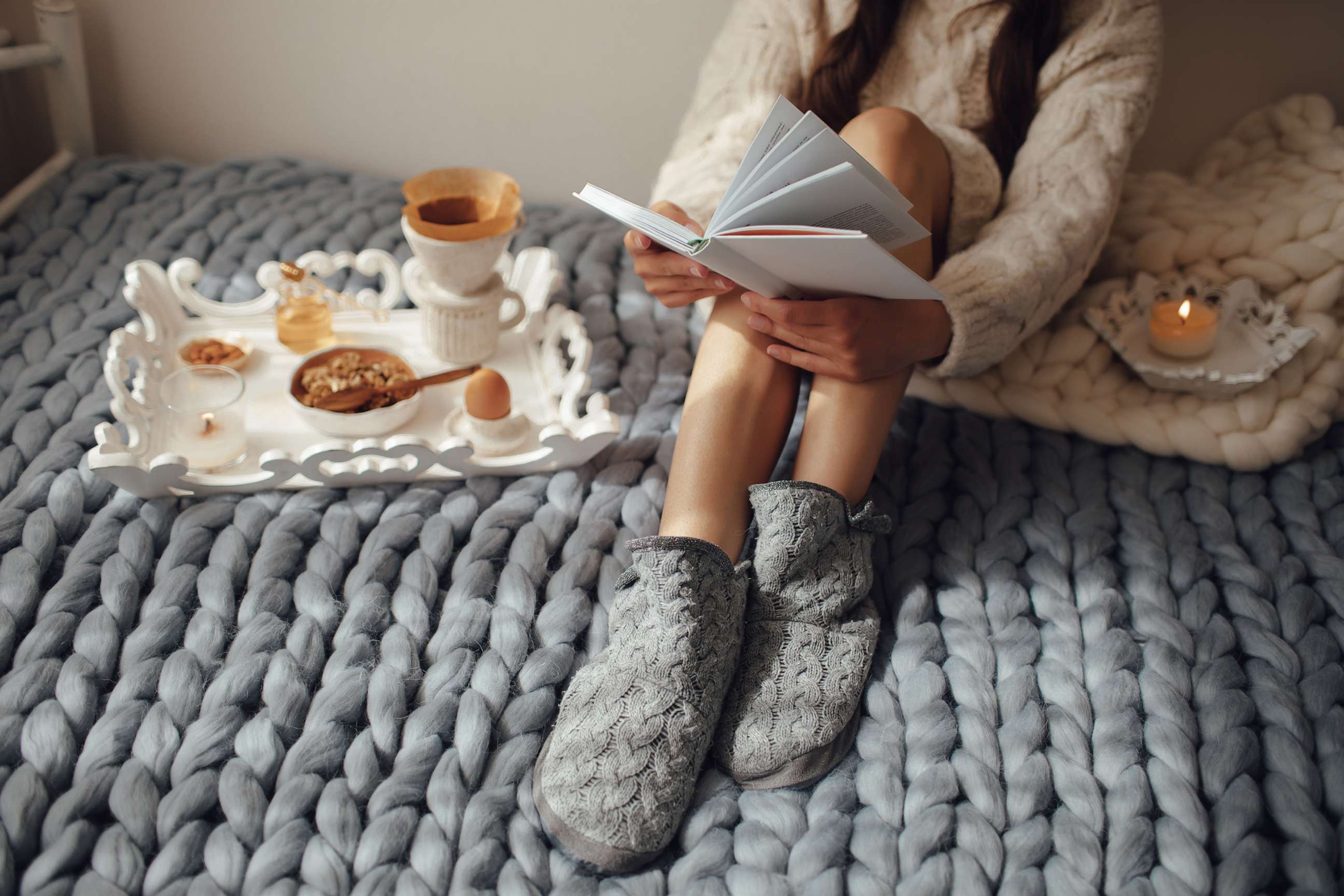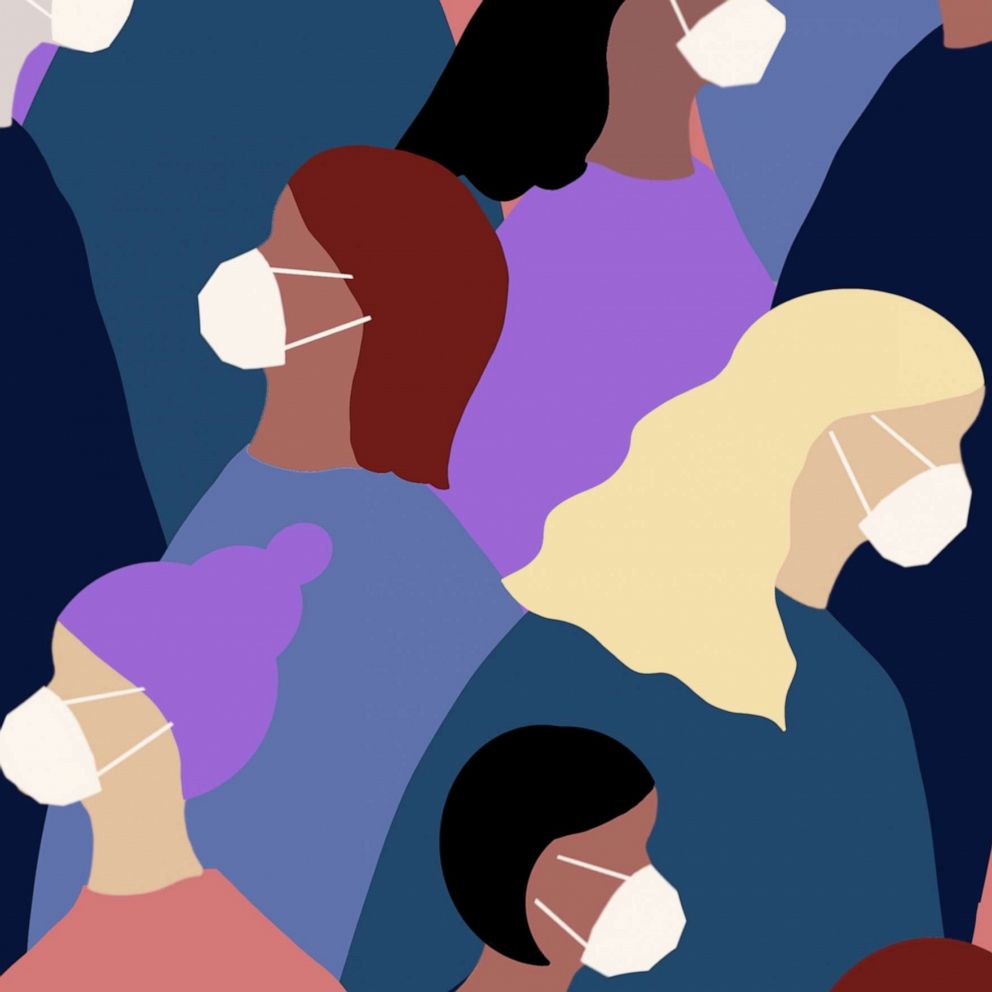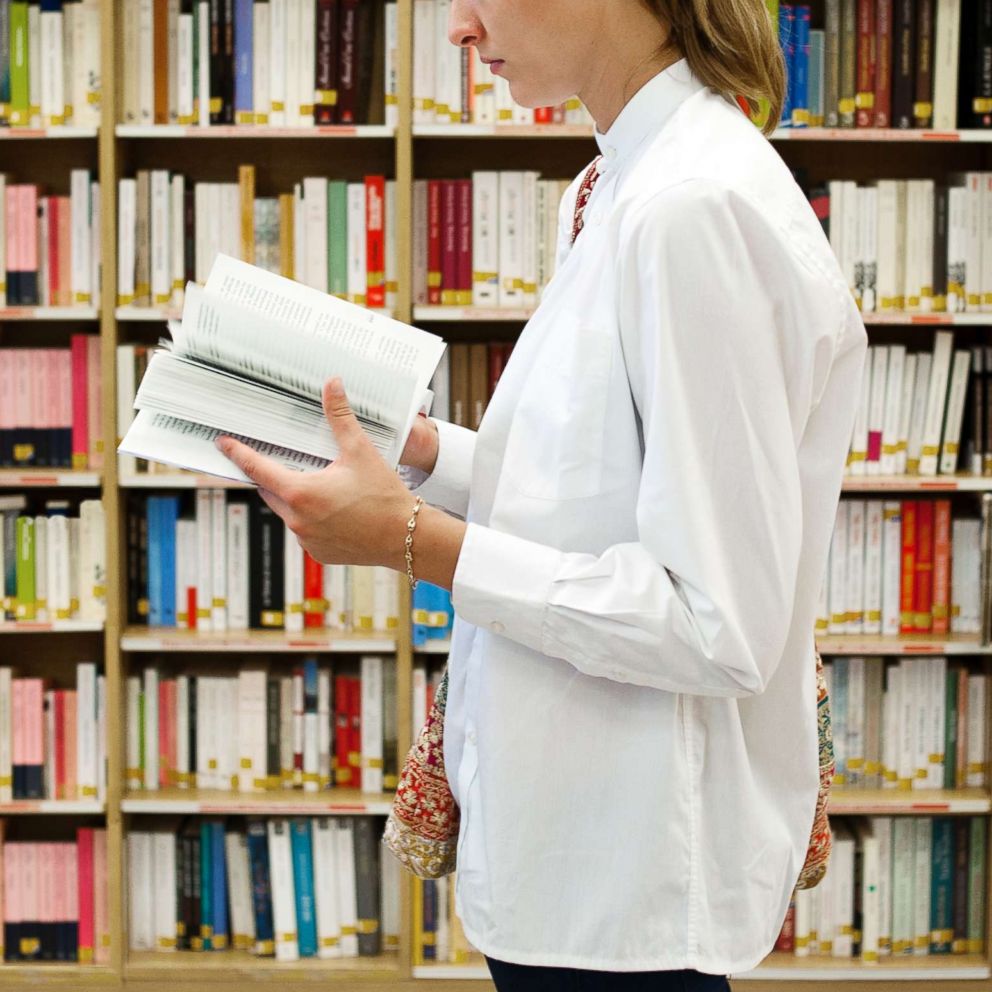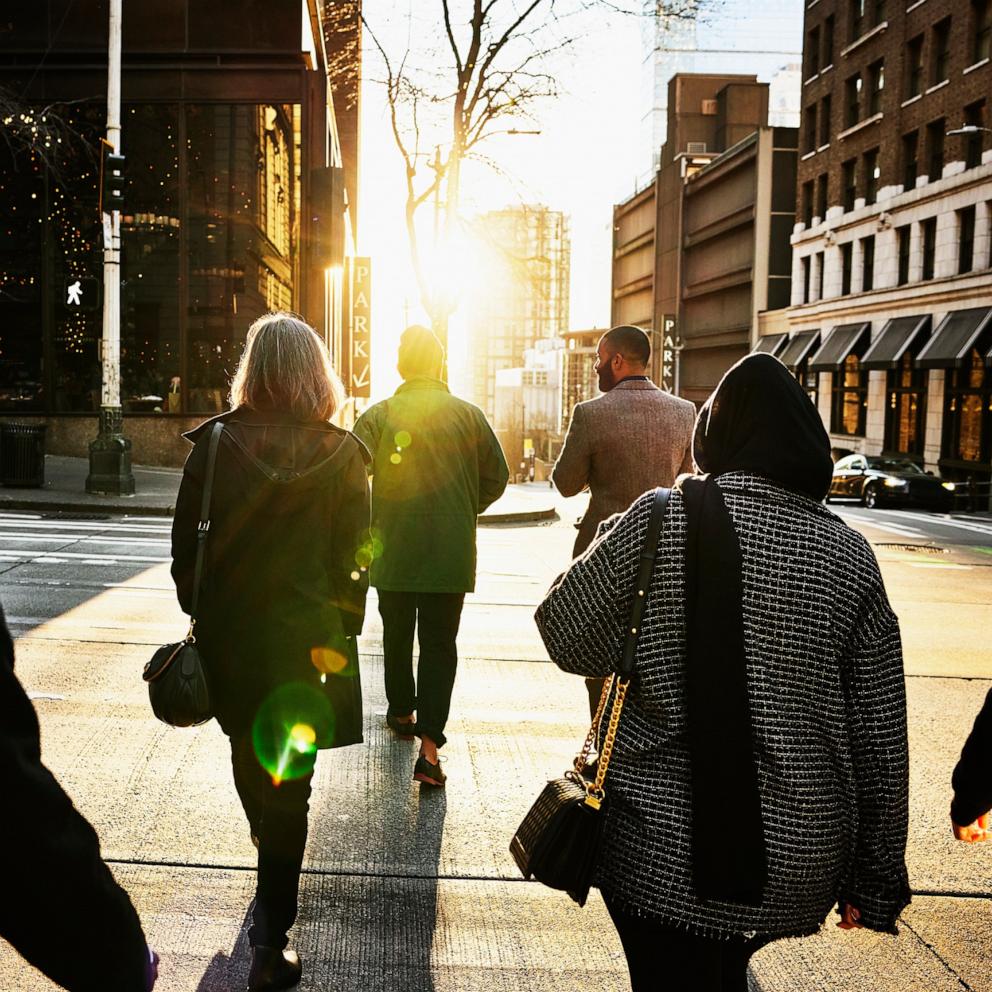Practicing hygge can help you beat the 'winter blues': Here's how
The Danish concept of "hygge," or “coziness,” can help fend off the seasonal blues.
Spending time with loved ones and creating a cozy ambience with scents, lighting and sounds can improve mood and reduce stress during the wintertime.
“Hygge is a mindset -- an attitude and approach to living that prioritizes togetherness, affection, slow living, gratitude and contentment,” said Natalie Dattilo, a clinical health psychologist at Harvard Medical School.
Hygge (pronounced “hoo-ga”) is relevant year-round.
It can, however, be especially helpful during this time of year, when shorter daylight hours and stressful holiday events may contribute to seasonal drops in mood.
Nordic countries, like Denmark, have some of the shortest daylight hours and harshest winters but often rank highest in the annual World Happiness report.
“It would be very easy to be isolated and depressed. Hygge is a coping mechanism that helps them get through the long, dark winters,” said Jaime Kurtz, a clinical psychologist at James Madison University.
One way to practice hygge is through social connection.
“Social connectedness and gratitude are probably the most important factors that have been proven to be correlated with happiness,” said clinical psychologist Pauline Wallin.
Sharing and enjoying meals together can increase social bonding, feelings of well-being and contentment.
That doesn’t mean you have to overextend yourself socially.

“Holiday parties can seem overwhelming. It’s OK to be selective and choose the social events that will truly bring you joy,” said Howard Liu, a child and adult psychiatrist at the University of Nebraska.
But if you can’t physically be with loved ones, the right environment can evoke similar feelings.
“Eating, drinking and taking in comforting aromas can evoke memories of family and friends at various times of one’s life,” said Wallin. “Smell is strongly connected with memory and emotion. So is music.”
Good smells and music also help create a cozy ambiance, another important component of hygge. Opt for nostalgic scents when possible.
“Fill your environment with smells that you love and bring comfort. Think sugar cookies, spices, or chicken noodle soup,” said Dattilo.
Or try a sound or smell known to boost mood.
“Research has shown that the smell of lavender and vanilla is particularly relaxing to the population at large,” said Sally Augustin, a fellow at the American Psychological Association.
The right lighting in a room can also improve the ambience. People tend to perceive warmer lights as more relaxing, research shows.
“Using candles or a fireplace has advantages in that the visual of the flames themselves are naturally relaxing,” said Augustin. If that’s not an option, swapping bright fluorescents for warm lightbulbs in lamps can work too.
For one last element of comfort, consider texture.
“Soft textures make sense because they are relaxing for us to feel,” said Augustin. Think cozy pajamas, soft blankets, or fuzzy socks.
So as the long nights drag on and the cold creeps in, try turning to hygge, Kurtz said.
“Embrace the weather! Light a fire, put on soft clothing, make a warm beverage and snuggle a pet or a loved one,” she said.
Alicia Zellmer, MD, and Joy Liu, MD, are resident physicians in Internal Medicine, and members of the ABC News Medical Unit.







